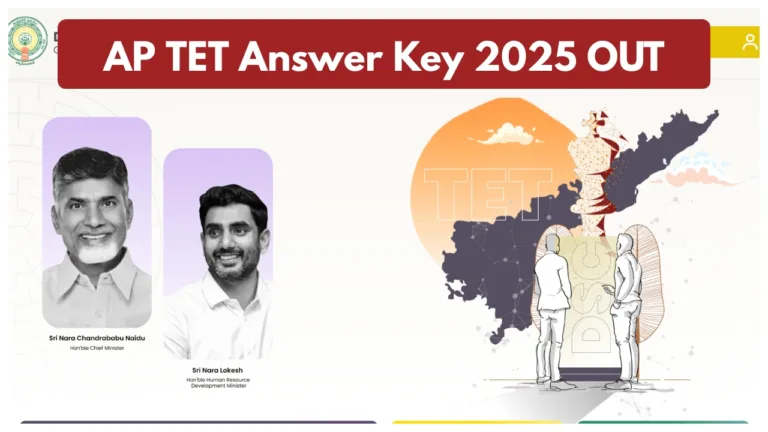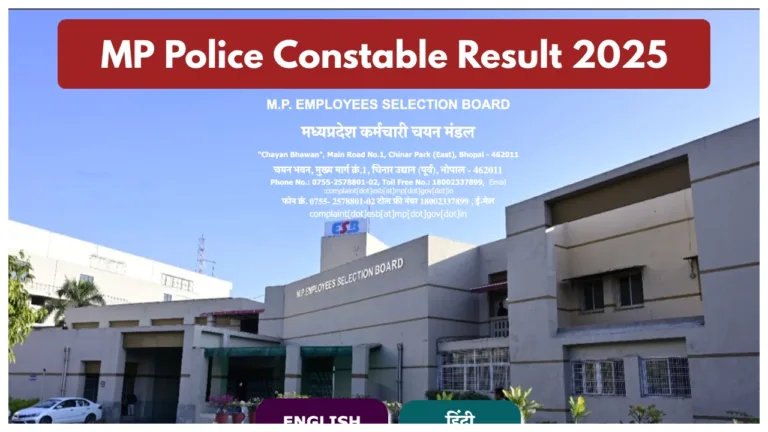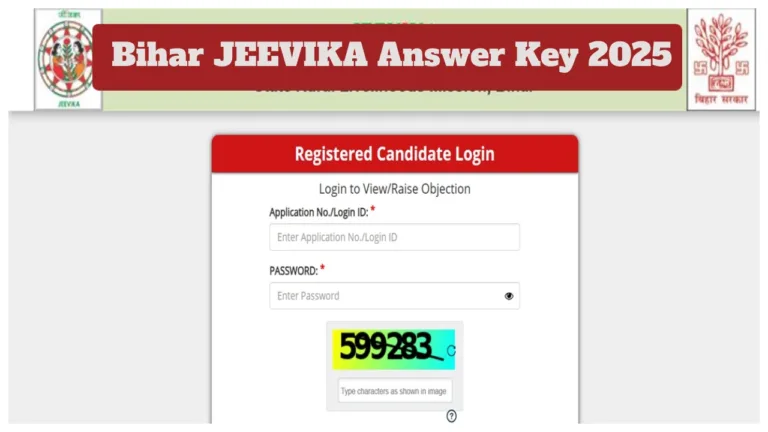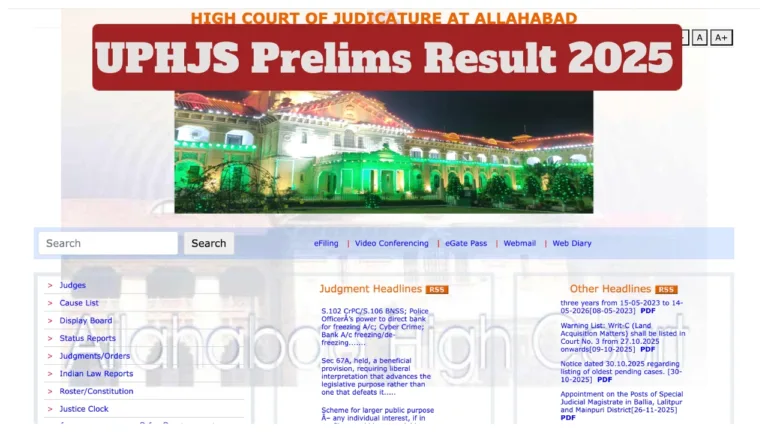We keep our savings in savings accounts, but there is a limit to this. If we have more money in our account than this limit, we may come under the radar of the Income Tax Department. Many people are still unaware of this. In this article, we will explain the rules of the Income Tax Department regarding savings accounts.
Information Required for Transactions Above Certain Limits
According to financial experts, the total amount deposited in a savings account during a financial year should not exceed Rs 10 lakh. If the amount exceeds this limit, the account holder must report it to the Income Tax Department. Additionally, under Section 269ST of the Income Tax Act, the account holder can transact up to Rs 2 lakh per day. Any transaction above this amount must be justified to the bank.
Bank’s Responsibility to Report Transactions
If a person deposits Rs 50,000 or more in a single day, they are required to provide information to the bank. Additionally, the account holder must share their PAN details. If the account holder doesn’t have a PAN, they need to submit Form 60 or 61. Any transaction exceeding Rs 10 lakh is categorized as a high-value transaction, and the bank is obligated to inform the Income Tax Department about it.
Transactions That Trigger Income Tax Notices
- Cash Deposits in Fixed or Recurring Deposits: Deposits exceeding ₹10,00,000 in a financial year must be reported.
- Large Cash Payments for Banker’s Instruments: Any cash payment over ₹10,00,000 for bank cheques, drafts, or pay orders requires Form 61B reporting.
- Cash Deposits/Withdrawals in Current Accounts: Deposits or withdrawals exceeding ₹50,00,000 must be flagged for reporting.
- Property Transactions: Property transactions valued ₹30,00,000 or more must be reported via Form 61A.
- Investments in Financial Instruments: Investments exceeding ₹10,00,000 in debentures, bonds, or mutual funds need reporting.
- Credit Card Payments (Non-Cash): Non-cash payments above ₹10,00,000 toward credit card bills must be reported.
- Cash Payments towards Credit Card Bills: Payments exceeding ₹1,00,000 towards credit cards are reportable.
- Foreign Currency Transactions: Foreign currency sales or spending above ₹10,00,000 must be reported under FEMA Act 1999.
What to Do If You Receive a Notice
There may be times when a large transaction is made without notifying the Income Tax Department. In such cases, a notice may be sent to the account holder. If you receive such a notice, it is crucial to respond promptly. Along with the response, provide supporting documents such as bank statements, investment records, or asset details. Experts recommend consulting a financial advisor if you face difficulties in responding to the notice or handling the required documents.










